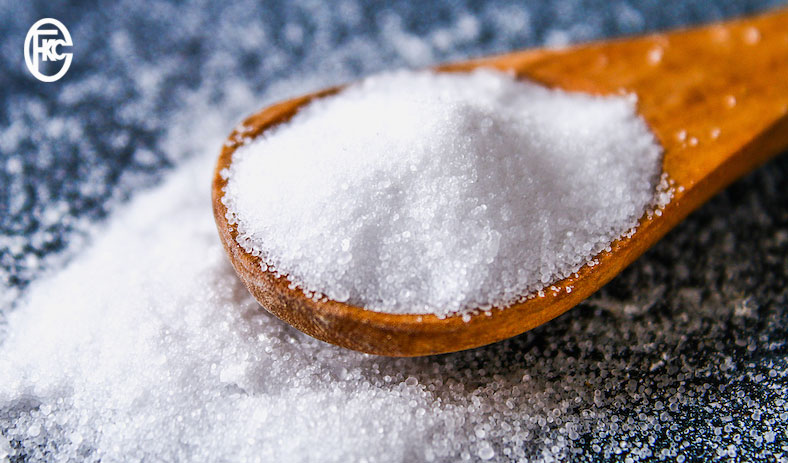
Overview:
Reducing sodium intake is an important step in preventing kidney stones. Excessive sodium consumption can increase the risk of kidney stone formation by causing dehydration, increasing calcium levels in the urine, and promoting the retention of water and calcium in the kidneys.
Here are some following ways to reduce sodium intake for kidney stone prevention:
1. Read Food Labels:
Choose products with lower sodium levels by paying attention to the sodium content listed on food labels.
2. Cook from Scratch:
Prepare meals at home using fresh ingredients and reduce the use of processed foods, which often contain high amounts of sodium.
3. Use Herbs and Spices:
Season your dishes with herbs and spices instead of salt to add flavor to your meals.
4. Limit Packaged and Canned Foods:
Processed and canned foods tend to have higher sodium content. Opt for fresh foods whenever possible.
5. Avoid Adding Salt to Recipes:
Reduce or eliminate the use of salt while cooking. Instead, rely on the natural flavors of the ingredients or use other seasonings.
6. rinse Canned Foods:
If you choose to consume canned foods, such as beans or vegetables, rinse them under water before consuming to reduce the sodium content.
7. Be Mindful of Condiments:
Many condiments, such as ketchup, soy sauce, and salad dressings, are high in sodium. Use them sparingly or choose lower-sodium options.
8. Opt for Fresh Fruits and Vegetables:
Fruits and vegetables are naturally low in sodium. Include a variety of these in your diet to help reduce sodium intake.
9. Choose Low-Sodium Snacks:
Instead of reaching for salty chips or pretzels, opt for healthier low-sodium snack options like fresh fruit, unsalted nuts, or air-popped popcorn.
10. Drink Plenty of Water:
Staying hydrated helps dilute urine and prevents the formation of kidney stones. Drink an adequate amount of water throughout the day to flush out toxins and maintain healthy kidneys.
Conclusion:
Reducing sodium intake is a crucial step in preventing kidney stone formation. By making small changes to your diet and being mindful of the sodium content in the foods you consume, you can greatly reduce your risk of developing kidney stones. It is important to note that each individual's dietary needs may vary, so it's always best to consult with a healthcare professional or registered dietitian for personalized advice.